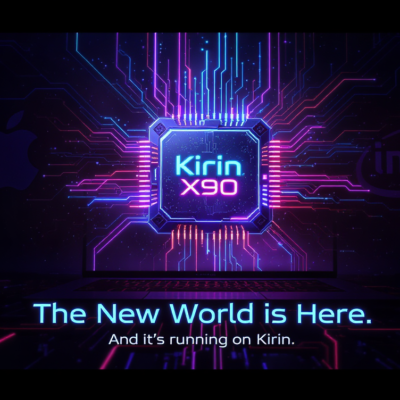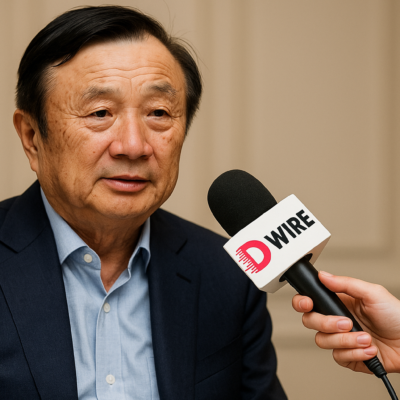Have you ever heard of the saying “the enemy of my enemy is my friend”? Well, it seems that the US government has never heard of it or has completely misunderstood it. By banning Nvidia the world’s largest AI chip maker from selling its products to China, the US has unwittingly made Huawei, its arch-rival in the AI field, a new friend and ally of many Chinese tech companies who are eager to embrace Huawei’s AI chips as an alternative to Nvidia’s.
Nvidia is the undisputed king of the AI chip market with a dominant share of over 80%. Nvidia’s AI chips are widely used by tech companies, research institutes, and cloud service providers for various AI applications such as natural language processing, computer vision, and self-driving cars. They are also known for their high performance, low power consumption, and compatibility with various software frameworks and tools.
However, Nvidia’s AI chip empire is under threat from Huawei, which has been developing its own AI chip line, the Ascend series since 2018. Huawei claims that its AI chips are comparable to Nvidia’s in terms of raw computing power but have some advantages such as lower cost, higher integration, and better security. Huawei has also been building its own software platform CANN to support its AI chips and attract more developers.
The US government has been trying to stop Huawei from becoming a global leader in artificial intelligence (AI) by imposing various sanctions and restrictions on the Chinese tech giant. However, it seems that the US has only managed to achieve the opposite effect.
As a result, Huawei has secured some significant AI chip orders from Chinese tech giants such as Baidu and 360 Group who are looking for alternatives to Nvidia’s hardware for their AI applications. Baidu, China’s largest search engine and AI company has ordered at least 1,600 Ascend 910B chips and has received about 60% of them as of October. 360 Group, a leading cybersecurity company has purchased 1,000 Ascend 910B chips even before Baidu according to its founder and CEO Zhou Hongyi.
These deals indicate that Huawei is gaining momentum in the AI chip market and could pose a serious challenge to Nvidia’s dominance. Nvidia has been enjoying a massive incumbent advantage over Huawei with a strong software ecosystem and a loyal customer base. However, the US export controls have disrupted Nvidia’s supply chain and forced some of its Chinese clients to seek other options. Huawei has been able to deliver its AI chips on time and with quality, thanks to its vertical integration and domestic production.
You may have noticed that Huawei’s smartphone production has been limited lately and wondered why. Well, the reason is Huawei’s chip fabs are too busy making more important stuff like AI chips and server CPUs.
Wonder how the US politicians came up with the brilliant idea of banning Nvidia from selling AI chips to China. Well, the answer is simple: they didn’t. They just followed the advice of some self-proclaimed experts. You see, these experts are not really experts but lobbyists who have a vested interest in keeping Nvidia as the sole AI chip supplier in the world. They don’t care about the US national security, global AI development or the common good. They only care about their own pockets and their own agendas.
So, the US politicians have listened to these experts and have banned Nvidia from selling AI chips to China. They have thought that this would hurt China and help Nvidia make the US stronger.
Because of their misguided and shortsighted view of the AI chip industry and US-China relations, It only harmed the US national security, global AI development, and the common good by creating a technological divide and a geopolitical conflict between the US and China.
They have listened to the wrong people, have done the wrong thing, have achieved the wrong result and made the world a worse place.
That is if they ever realize it.





